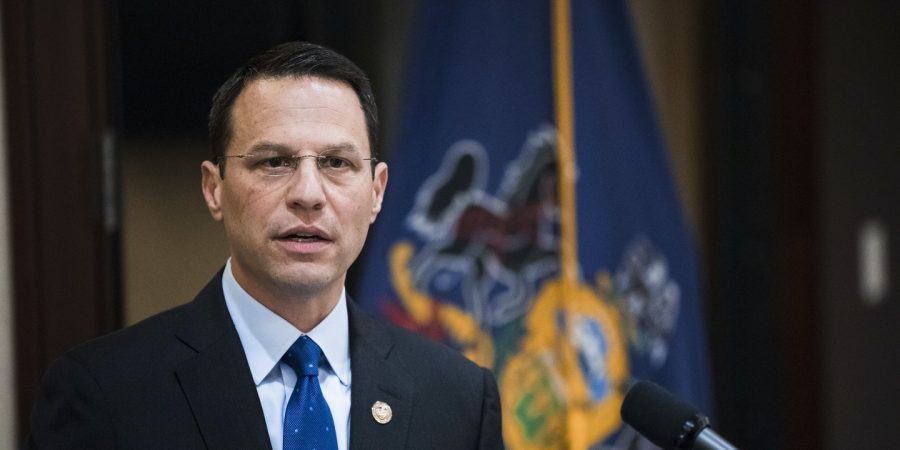Pennsylvania has responded to Texas’ lawsuit, dismissing it as a “seditious abuse of the judicial process.”
Pennsylvania filed its response to Texas’ petition on Thursday hours ahead of the deadline set by the Supreme Court.
Pennsylvania Attorney General Josh Shapiro strongly criticized the Lone Star State for attempting to “invalidate elections in four states for yielding results with which it disagrees.”
Shapiro wrote, “What Texas is doing in this proceeding is to ask this Court to reconsider a mass of baseless claims about problems with the election that have already been considered, and rejected, by this Court and other courts. Texas obviously lacks standing to bring such claims, which, in any event, are barred by laches, and are moot, meritless, and dangerous.”
He continued, “Texas has not suffered harm simply because it dislikes the result of the election, and nothing in the text, history, or structure of the Constitution supports Texas’s view that it can dictate the manner in which four other states run their elections. Nor is that view grounded in any precedent from this Court. Texas does not seek to have the Court interpret the Constitution, so much as disregard it.”
Ohio, for its part, filed an amicus brief on Thursday also arguing against Texas.
Attorney General Dave Yost argued that while the concerns Texas raised in its lawsuit are valid, the Supreme Court has no authority to void the outcome of the battleground states’ elections.
Yost maintained that under Article II of the Constitution, “[f]ederal courts, just like state courts, lack authority to change the legislatively chosen method for appointing presidential electors. And so federal courts, just like state courts, lack authority to order legislatures to appoint electors without regard to the results of an already-completed election.”

